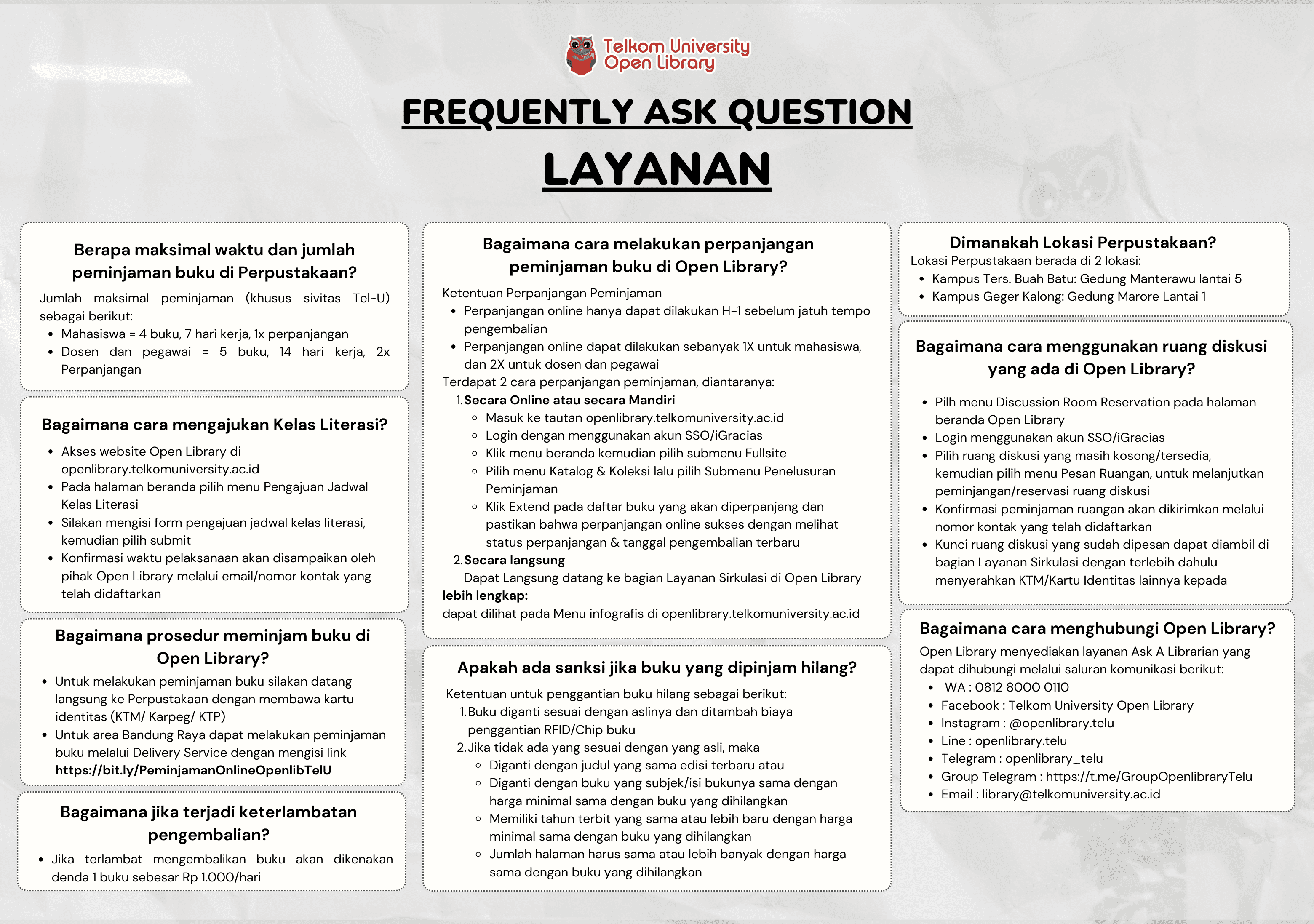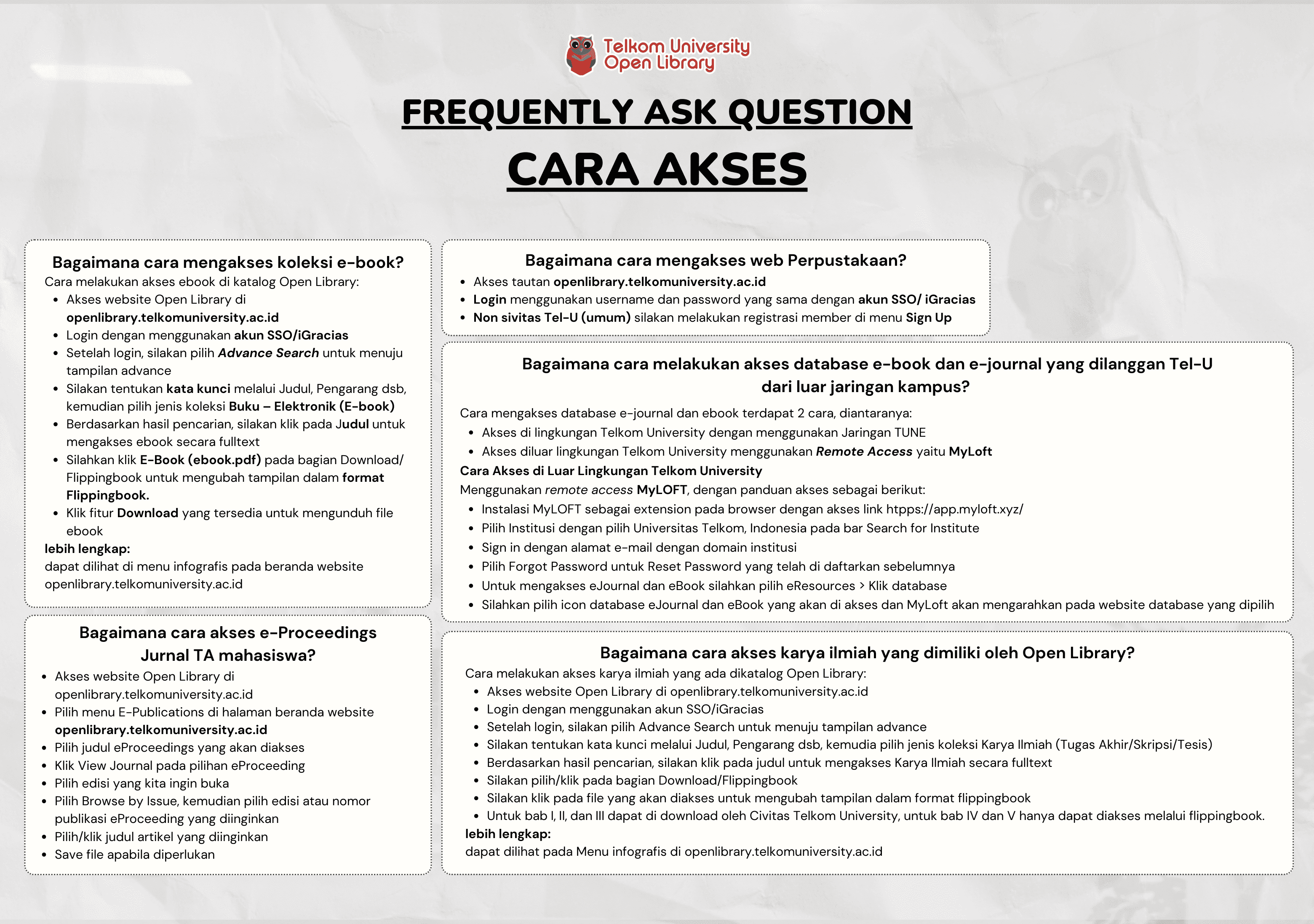ANALISA DAN SIMULASI PENEMPATAN INDOOR PICO BASE STATION UNTUK MENINGKATKAN PERFORMANSI SISTEM JARINGAN WCDMA FDD ANALYSE AND SIMULATION LOCATING INDOOR PICO BASE STATION TO IMPROVE SYSTEM PERFORMANCE IN A WCDMA FDD NETWORK
IRFAN ISWADHI

Informasi Umum
Kode
111990027
Klasifikasi
000 - Generalistics
Jenis
Karya Ilmiah - Skripsi (S1) - Reference
Subjek
Other
Dilihat
324 kali
Informasi Lainnya
Abstraksi
ABSTRAKSI: Generasi pertama dan kedua komunikasi bergerak telah mendominasi pelayanan system komunikasi bergerak. Munculnya generasi ketiga, seperti sistem WCDMA FDD yang menyediakan servis (layanan) yang mendukung kecepatan data yang lebih tinggi, bandwidth yang lebar, dan QoS (Quality of Service) yang lebih baik, sehingga untuk kebutuhan kapasitas indoor yang saat ini meningkat dapat dilayani.<br> Pada Tugas Akhir ini dianalisa dan disimulasikan penempatan indoor pico base station di dalam gedung untuk mendapatkan performansi sistem yang optimal. Skenario jaringan yang digunakan adalah sebuah jaringan makro sel dengan 7 Base Station dan sebuah lokasi hotspot di dalam gedung dengan Indoor Pico Base Station di dalam gedung. Pemodelan propagasi outdoor, yaitu dari macro base station ke outdoor user menggunakan pemodelan COST 231 Walfish Ikegami. Untuk pemodelan propagasi indoor menggunakan pemodelan Multi Wall. Sedangkan pemodelan propagasi dari macro base station ke indoor user menggunakan pemodelan propagasi gabungan antara propagasi outdoor dan indoor. Dan untuk meng-update level daya Base Station menggunakan algoritma DCPC (Distributed Constrained Power Control).<br> Pada hasil simulasi ditunjukkan bahwa performansi indoor hotspot meningkat dari 10% ketika indoor hotspot dilayani oleh macro base station menjadi 92% ketika indoor hotspot dilayani oleh pico base station.Kata Kunci : WCDMA FDD, hotspot, performansiABSTRACT: In the first and second generation mobile networks speech has been the dominating service. In emerging 3G technologies, like the WCDMA FDD system, new types of services are enabled by the higher data rates supported. The bandwidth, quality of service, and indoor capacity demand is increasing in existing and future cellular networks.<br> In this final project we analyzed and simulated the using of indoor pico base station to improve system performance. A network scenario consists a macro cell network with 7 Base Stations and an indoor hotspot location in the building with indoor pico base station. For outdoor propagation model, that from the macro base station to outdoor user, COST 231 Walfish Ikegami is used. For indoor propagation model, Multi Wall Model is used. The path loss between an outdoor macro base and an indoor mobile is calculated in two steps. The first step is to calculate the outdoor loss, as described in previous section, at each side of the building. The second step is to calculate the indoor loss. Distributed Constrained Power Control (DCPC) algorithm is using for updating the power levels.<br> We showed how performance can be improved, both in the hotspot itself and in the surrounding macro cell network, by using pico base stations. When indoor user served by macro base station, the performance is only 10%, but when indoor user served by pico base station the performance increase until 92 % satisfied user.Keyword: WCDMA FDD, hotspot, performance
Koleksi & Sirkulasi
Tersedia 1 dari total 1 Koleksi
Anda harus log in untuk mengakses flippingbook
Pengarang
| Nama | IRFAN ISWADHI |
| Jenis | Perorangan |
| Penyunting | - |
| Penerjemah |
Penerbit
| Nama | Universitas Telkom |
| Kota | Bandung |
| Tahun | 2006 |
Sirkulasi
| Harga sewa | IDR 0,00 |
| Denda harian | IDR 0,00 |
| Jenis | Non-Sirkulasi |



















